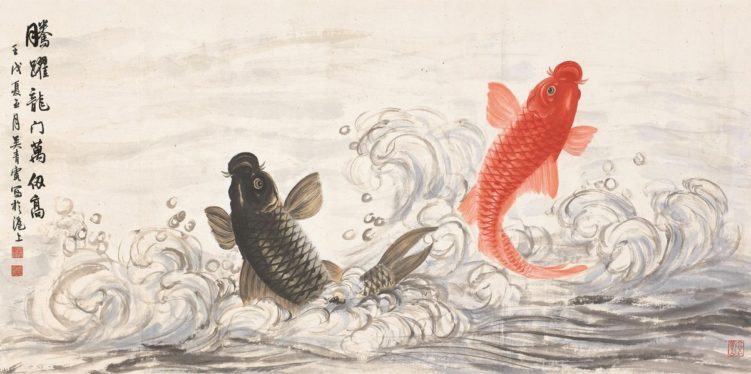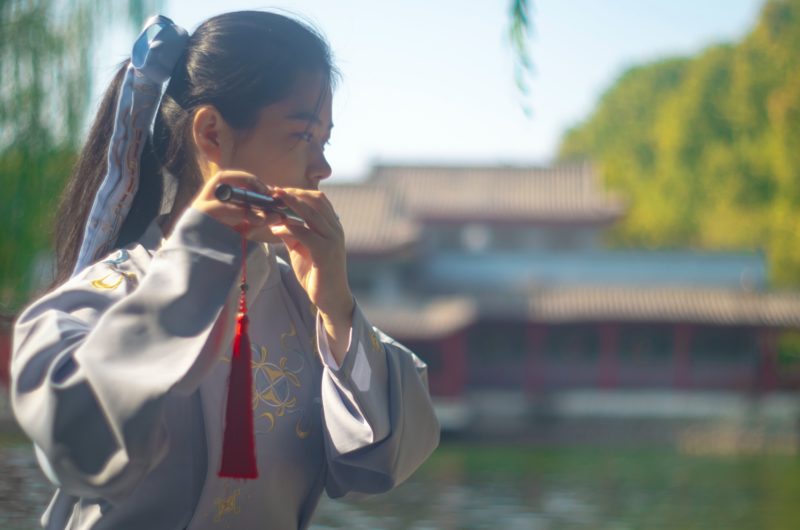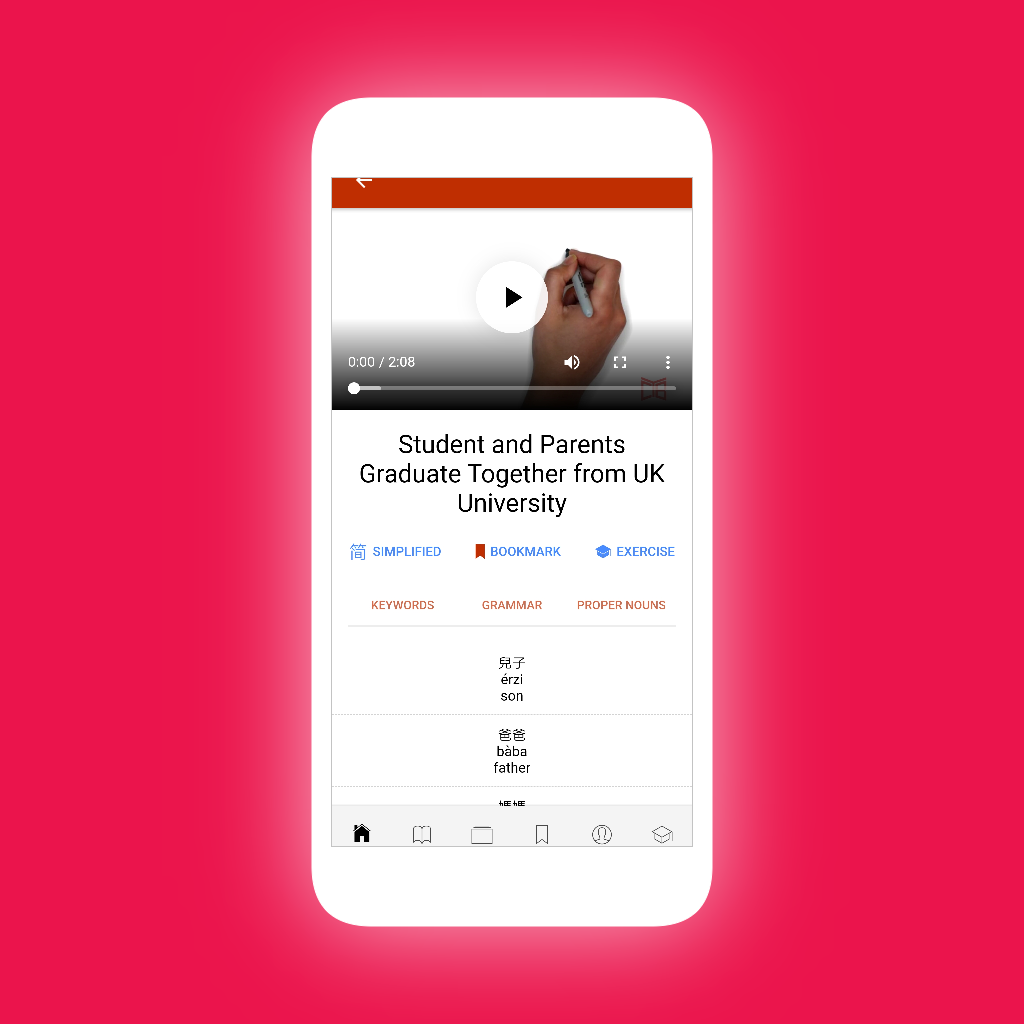
China has released its official list of the top 10 words of 2018. The list was published recently by the magazine Yao Wen Jiao Zi (literal meaning “Biting Words”). Here’s the lowdown.
Top Words of 2018
A Community with a Shared Future – 命运共同体 [命運共同體] – Mìngyùn gòngtóngtǐ
President Xi popularised this expression during many of his speeches during the past 12 months. It has become the phrase to symbolise the building of a new period in international relations.
Koi Fish – 锦鲤 [錦鯉] – Jǐnlǐ
Alipay launched a sponsored lottery scheme in which the winner, a 26-year-old IT engineer based in Beijing, was dubbed the “national koi”. Koi in Chinese culture has long symbolised good luck and wishes for a prosperous life. Netizens took to social media with koi-related posts in the hope of attracting good fortune.
Waiter – 店小二 – Diànxiǎo’èr
This is the old expression for waiter in Chinese, however the word has taken on a new meaning this year. Local officials or governments who strive for economic development and offer good service have been afforded the nickname.
A Textbook Case – 教科书式 [教科書式] – Jiàokēshūshì
Following a case in which a Shanghai policeman forcibly demanded to see the documents of somebody he had stopped, the phrase which is common in English took the meaning of people doing things by the book. It at times can be used ironically to describe something being done in a way that it shouldn’t be (such as in the case of the policeman).
Official Announcement – 官宣 – Guānxuān
The phrase was popularised by Chinese actress Zhao Liying announcing her marriage to Chinese actor Feng Shaofeng by posting her marriage certificate on her Weibo with the caption “official announcement”.
“Soul Gaze” or “Confirmed by the Eyes” – 确认过眼神 – Quèrènguò yǎnshén
This phrase was used during Spring Festival to poke fun at people in Guangdong receiving small red packets during the festivities.
Retreat – 退群 – Tuìqún
This is the phrase you will see when exiting a group on Chinese social media app WeChat. It has been used more in a political context this year with countries pulling out of international treaties.
Buddha-Like – 佛系 – Fóxì
1990s generation single men who live a “Buddha-like” life alone are described using this phrase popularised this year. The men take things as they are and aren’t concerned with winning or losing. It can also be used to describe a teenager who is non-plussed.
Big Baby – 巨婴 [巨嬰] – Jùyīng
Adults who are self-obsessed at the expense of others are described as “big babies”. The most viral example of this in 2018 was when a man took a train pretending to be disabled so he could occupy another passenger’s seat.
Argumentative Person – 杠精 [槓精] – Gàngjīng
This word represents someone who argues for argument’s sake. People who take to the internet to express their discontent are often called “argumentative people” online in China.
How many of the words did you already know, or have you overheard in conversation with Chinese friends during the past 12 months?
Live in China? Why not read our blog on the official Chinese public holidays in 2019?
















